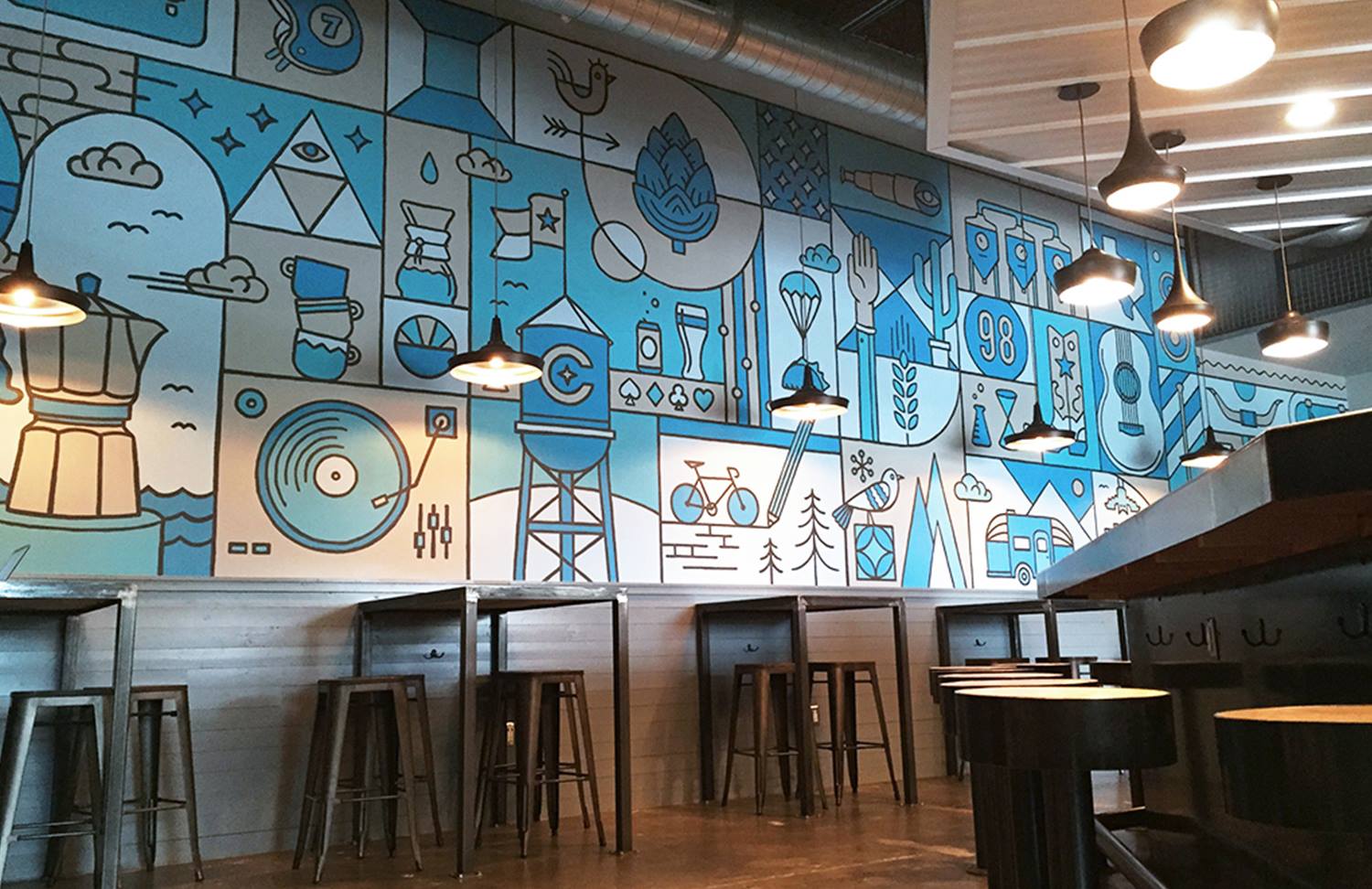Screen-Free Cafes Aren’t Anti-Tech, They’re Pro-Atmosphere

Photo Credit: Don't feel entitled to wifi at Cuvée Coffee Bar in Austin. Cuvee Coffee Bar
Skift Take
Wi-Fi and screen-time policing at cafés has less to do with money and missed earnings: the main culprit is our attitude. Admittedly, it feels like strict policy, but we can all learn a lesson from this.


